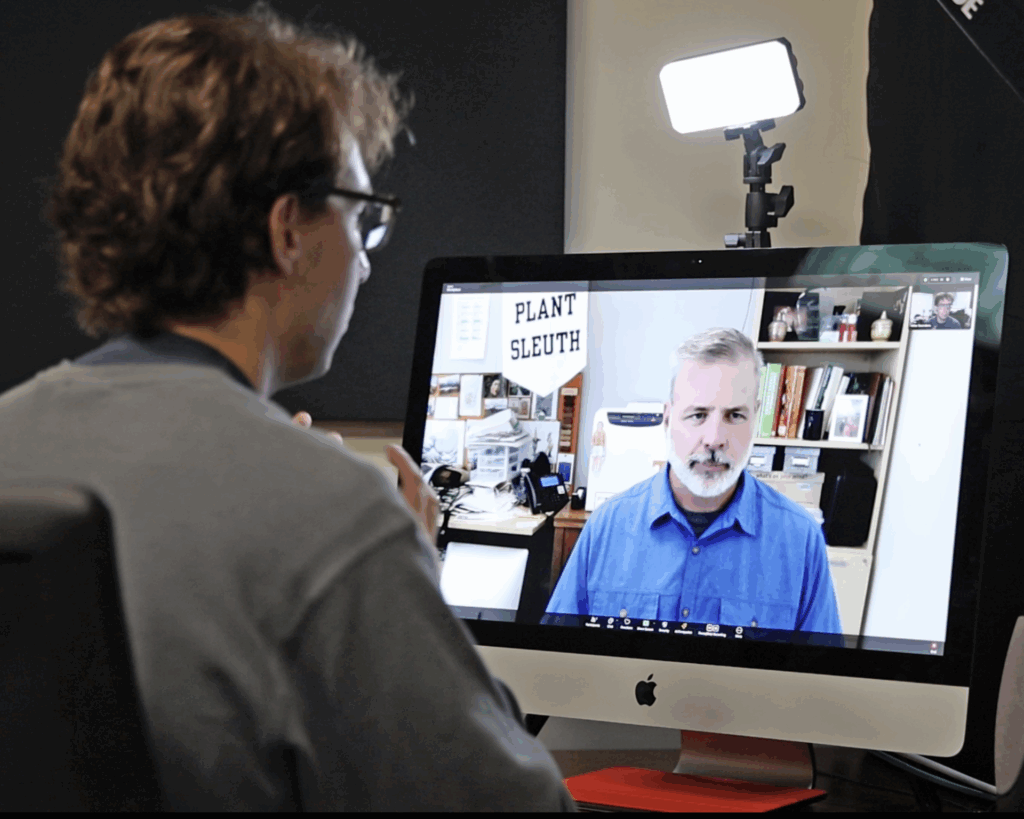Aftermaths of Breaking News
How much distress individuals might feel after Hurricane Irma associated with increased media consumption and post-storm reports of psychological distress.

Read Time: 4 minutes
Published:
Hurricanes are an increasingly common natural hazard which routinely disrupt the lives of individuals living in coastal communities. During the 2019 Atlantic hurricane season, 18 named storms caused an estimated $27 billion USD in damage and resulted in at least 76 fatalities worldwide. These storms have important psychological impacts, including posttraumatic stress disorder and other mental health conditions. However, the scientific study of these psychological impacts is extremely difficult. Access to pre-disaster data is rare, and the compressed timeframe required to collect data in the acute aftermath of a disaster event results in logistical complications in securing funding, ethics board approval, and access to affected populations. As a result, we know very little about the psychological experience of anticipating a disaster event in one’s community.
In the pre-storm period, people often rely on hurricane-related media coverage as the storm approaches, which may be associated with the distress an individual anticipates they might experience after the storm has passed. We seek information from a range of media sources (e.g., television news, radio, print media, social media, and online news) to get accurate and up-to-date information about a hurricane as it approaches. However, decades of research suggest that even this rational information-seeking behavior might be associated with increased distress rather than ameliorating worries during a disaster event.
To examine the role of pre-storm behaviors and experiences in post-storm psychological response, our team conducted a longitudinal study of 1,607 Florida residents before and after Hurricane Irma in 2017. The storm made landfall in the Florida Keys as a Category 4 hurricane on September 10, 2017. It caused 92 deaths in the United States and over $50 billion in damage. Irma was reported extensively by the news media, with sensationalized coverage predicting a “catastrophic hit” and “worse than feared” death and destruction. We surveyed a representative sample of Floridians during the 60 hours prior to Hurricane Irma’s landfall and again one month later. This enabled us to examine how responses to the storm evolved from pre- to post-hurricane.
Our findings present strong evidence for the importance of considering pre-event psychological states when studying responses to community traumas such as hurricanes or terrorist attacks.
We found that individuals’ pre-storm expectations for how much distress they might feel after Hurricane Irma were directly associated with both increased media consumption about the hurricane and increased post-storm reports of psychological distress. These symptoms included posttraumatic stress, impaired social and physical functioning, worry about the future, and general distress. Individuals who reported more storm-related media consumption also reported more distress after the hurricane. These findings were robust even when accounting for individuals’ prior mental health status, whether they believed themselves to be in an evacuation zone, and their degree of direct exposure to Hurricane Irma.
These results represent important advancements in the study of psychological responses to natural disasters. Because we were able to survey our participants prior to Hurricane Irma’s landfall, we were able to test our predictions about pre-storm expectations and behaviors and post-storm outcomes in a scientifically rigorous way. Due to the relative unpredictability of disaster events, study designs with pre-event data such as ours are rare.
Our findings present strong evidence for the importance of considering pre-event psychological states when studying responses to community traumas such as hurricanes or terrorist attacks. They also suggest that individuals should perhaps consider their own media consumption habits in order to make more mindful choices about how much they expose themselves to sensational, worrisome forecasts. Of course, staying informed during an evolving disaster event is an important priority for individuals who might be in the path of an approaching hurricane. However, moderation is key to preventing unnecessary worry and distress.
Photo by Gaspar Uhas on Unsplash




